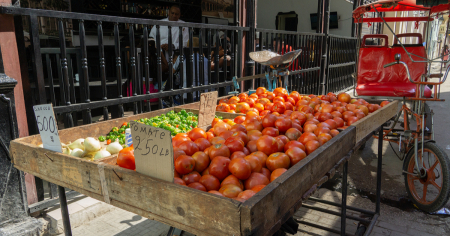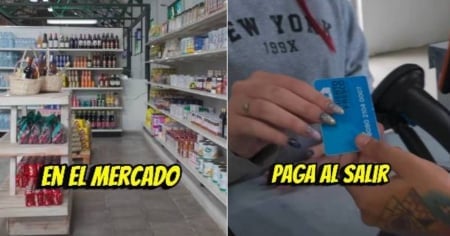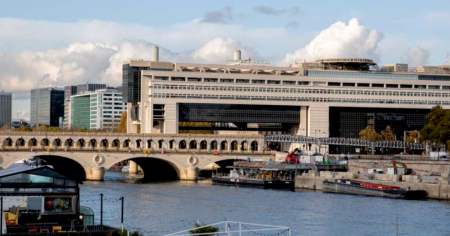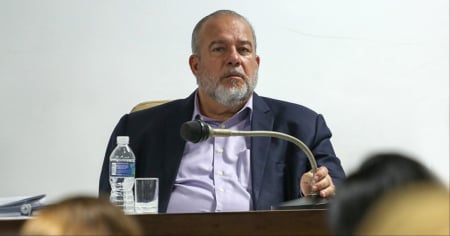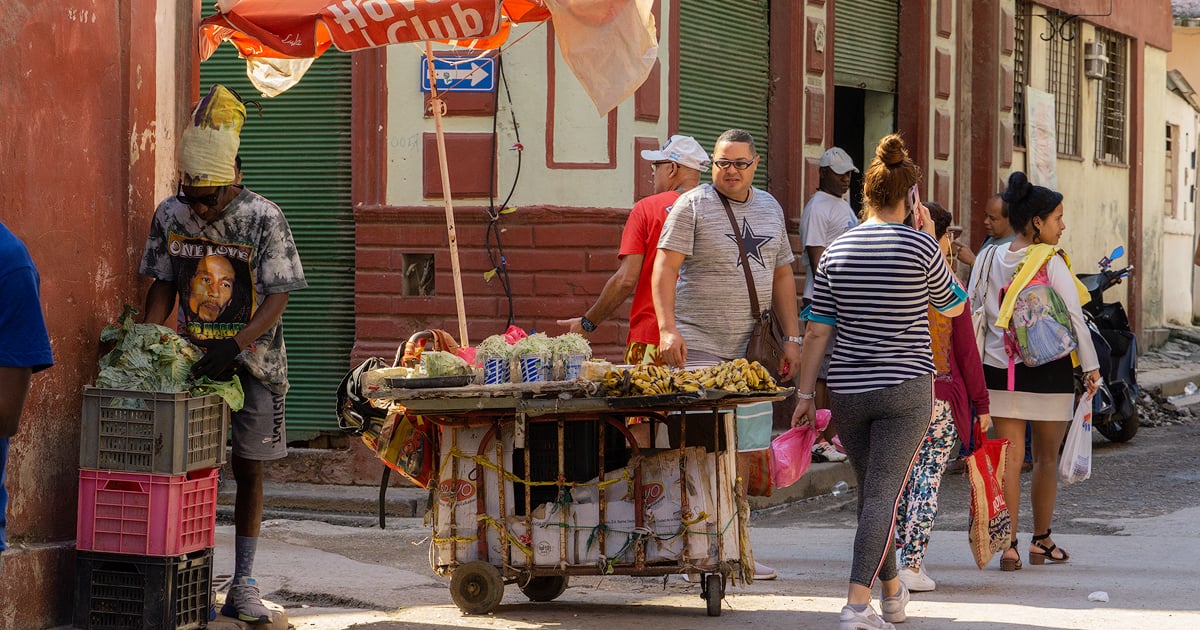
Related videos:
The agricultural crisis currently facing Cuba surpasses in duration and severity that experienced during the Special Period, according to an analysis by economist Pedro Monreal on his X account.
Monreal emphasized that, unlike the 1990s when there was a relatively quick recovery following the initial collapse, the current agricultural crisis has persisted for six years with no signs of improvement.
He highlighted that during the Special Period, the production of root vegetables and greens fell drastically, but it managed to recover in a few years. In the current crisis, the initial decline was less pronounced, but the contraction has deepened over time, reflecting the inability of production systems to stabilize.
One of the most alarming points is the disappearance of 85% of national rice production, a staple in the diet of Cubans. In contrast to the "miracles" of recovery during the Special Period, such as the rebound in bean production, the current context reveals a consistent decline across all major categories.
The 2023 Statistical Yearbook of Cuba supports Monreal's concerns by reflecting significant drops in essential products such as pork (-93.2%), eggs (-43%), and cow's milk (-37.6%), which severely impacts the food security of the population.
The causes of this crisis are numerous. In addition to structural problems, such as the lack of supplies, outdated machinery, and dependency on imports, there is an accumulated inflation of nearly 25% in 2024, according to data from the National Office of Statistics and Information (ONEI).
This price increase, driven by the food sector, has worsened access to basic products, making food unaffordable for much of the population.
Monreal warned that government policies, such as fines and price caps, have been insufficient to address the structural problems affecting Cuban agriculture.
Meanwhile, citizens are facing an increasingly desperate situation, characterized by scarcity, rising food prices, and a lack of effective solutions to ensure food security.
The comparison with the Special Period makes it clear that, although that moment was critical, the present poses even greater challenges, with a recovery that seems increasingly distant.
Frequently Asked Questions about the Agricultural Crisis in Cuba
How does the current agricultural crisis in Cuba compare to the Special Period?
The current agricultural crisis in Cuba surpasses both the duration and severity of the one experienced during the Special Period. During the 1990s, the production of food items such as root vegetables and greens quickly rebounded after the initial collapse. However, in the current crisis, although the initial decline was less pronounced, the contraction has deepened and continues after six years, reflecting the inability of the production systems to stabilize.
What are the products most affected by the agricultural crisis in Cuba?
Among the most affected products are rice, with a disappearance of 85% of its national production, as well as pork, which has dropped by 93.2%, eggs by 43%, and cow's milk by 37.6%. These declines severely impact the food security of the Cuban population, according to the Statistical Yearbook of Cuba 2023.
What factors have contributed to the agricultural crisis in Cuba?
The agricultural crisis in Cuba is the result of multiple factors, including the lack of supplies, outdated machinery, and dependence on imports. Additionally, the accumulated inflation of nearly 25% in 2024 has also exacerbated difficulties in accessing basic products. Government policies such as fines and price caps have been insufficient to address these structural issues.
What solutions have been proposed to address the agricultural crisis in Cuba?
Economist Pedro Monreal has suggested the need to privatize Cuban agriculture as a measure to overcome the crisis of yields in the sector. This proposal aims to encourage agricultural efficiency and productivity through private sector involvement, implying institutional transformations in terms of ownership and market, alongside significant investment.
Filed under:

